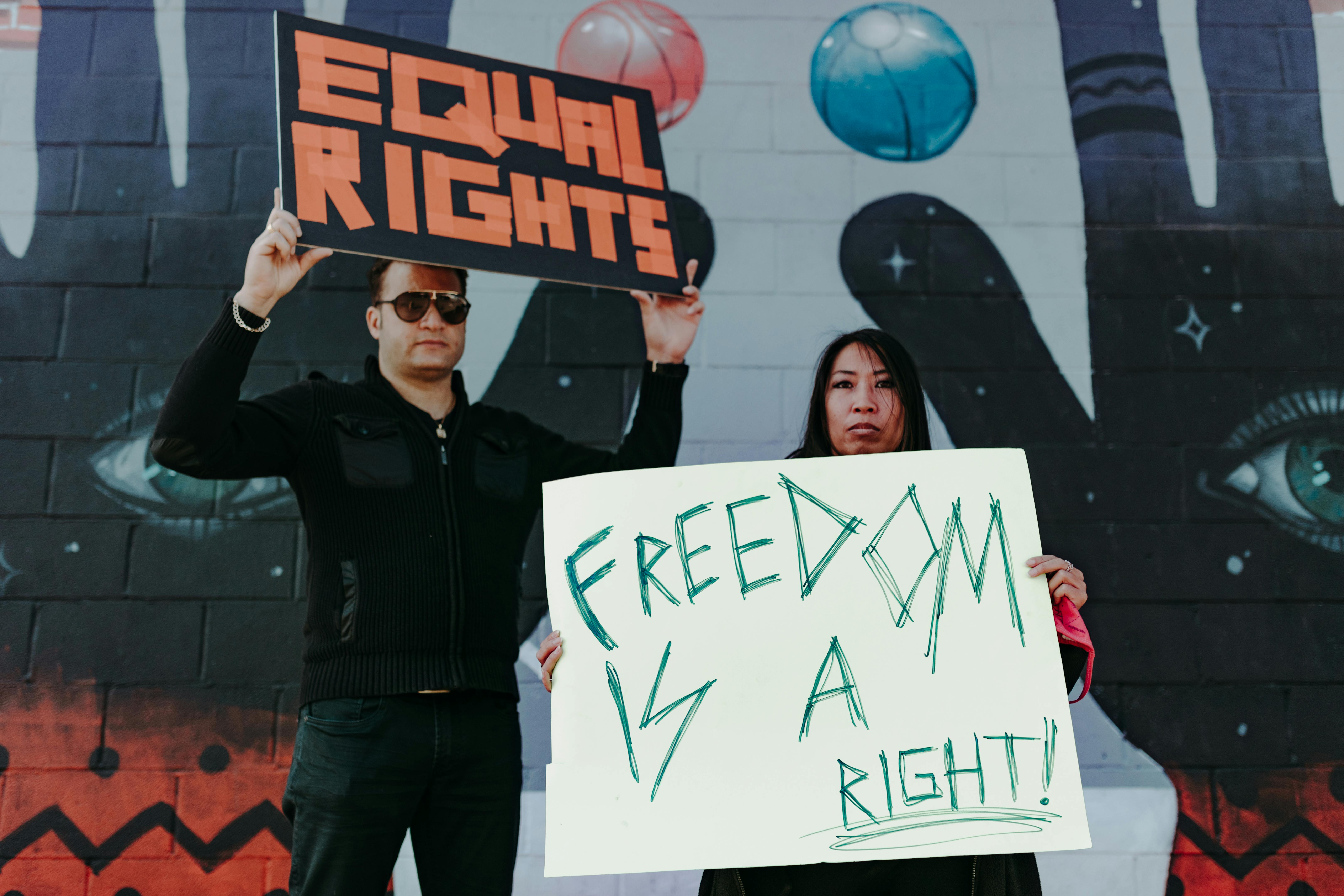Can foreigners continue to own land or condominium units beyond the foreign ownership quota with a Thai limited liability company in Thailand? In the new regulations issued by the Thai government (as of May 2006), the Thai government no longer ignores this circumvention of the law by foreigners.
Thai law allows the purchase of land or condominiums by a partially foreign-owned Thai company as long as the maximum foreign ownership does not exceed 49%. Under Thai law, foreigners are allowed to control a Thai company that owns real estate, and therefore it could be argued that foreigners may have a form of freehold or control over property that would normally be restricted to foreign ownership. (land or a condominium unit beyond foreign ownership). ownership fee).
Ownership of a partially foreign-owned Thai company property is not illegal under Thai law, but the Thai government is restricting and discouraging the misuse of Thai companies by foreigners to circumvent foreign ownership restrictions in Thailand. The Thai government has issued guidelines and regulations that must be applied by local Land Offices when dealing with a partially foreign-owned company.
Before the land office guidelines issued by the Department of Land and the Ministry of Home Affairs starting in May 2006, it was common practice for foreigners to own property through Thai limited companies. Today this is much less common. According to the guidelines and regulations of the land office, when a partially foreign-owned company registers property (land or condominium beyond the foreign ownership quota), the company and the Thai shareholders of the company must be investigated by the official. from the land office prior to registration and transfer of ownership. Company ownership is allowed. Is it a real company or created to circumvent the law? Are the Thai shareholders of the company actual shareholders or are they acting as representatives on behalf of a foreigner? If the company’s purchase of the property appears to be a circumvention of the law, the officer will not allow the transfer and must report the matter to the Land Department and await further information from the Minister.
Existing partially foreign-owned Thai companies (with up to 49% foreign ownership) that own property are not investigated by the Thai government (unless they fail to comply with the law).
The main practical drawbacks of setting up a company for the ownership of real estate by a foreigner are:
1. The purpose of a company cannot be to circumvent foreign ownership restrictions in Thailand. This would be an illegal purpose that makes the legal creation and registration of the property in the name of the company null under the Civil and Commercial Code and illegal under the Land Code Law.
The company must have a commercial purpose and operate as a normal company and file annual balance sheets and proper accounting (i.e. under Thai law, the company cannot simply be a ‘special purpose company’ or ‘owned company’). lands’ inactive for abroad).
2. Foreigners cannot use Thai nominee shareholders in the company. Under current guidelines, “true shareholders” are roughly defined as Thais with sufficient income and credible financial and employment history. Are they economically viable? They must be able to prove this to the Department of Lands (and be present) when registering the property to the company.
3. Whenever legal acts (e.g. selling the property) are registered with the Land Department and a foreigner’s name appears on company documents, the land office official must investigate Thai shareholders , even if the foreigner is removed from the updated list of shareholders but appears in the Memorandum of Association such investigation is required.
Foreigners who decide to go down the company path with additional property ownership in mind (land, land, and house or condominium) should be advised by a Thai attorney experienced in business and property law. Too often, foreigners who set up companies to own property are uninformed, not properly advised, and end up in trouble at the Land Department registering the property due to mistakes made by an inexperienced lawyer who is not familiar with the latest regulations. of the Land Office.



